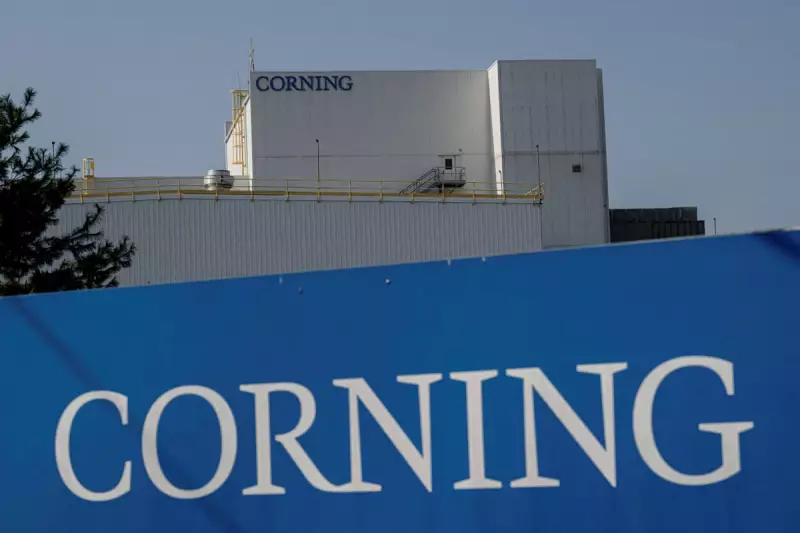
In the rolling hills of Kentucky horse country, a silent alarm is sounding. The Harrodsburg factory of Jabil Inc., a crucial cog in Apple's global supply chain, faces an existential threat from Donald Trump's proposed 60% tariffs on Chinese imports.
The potential economic fallout could be devastating for this close-knit community. "We're staring down the barrel of a gun," one long-term employee told The Guardian, capturing the palpable anxiety gripping the town.
A Factory's Fragile Future
Jabil's Harrodsburg facility isn't just any plant. It's a high-tech hub producing essential circuit boards for the iconic iPhone. The proposed tariffs, a cornerstone of Trump's 'America First' trade policy, would directly target these components manufactured for Apple.
Internal analyses and public filings reveal a grim picture: the financial model for US-based production of these parts could become utterly unsustainable overnight. The tariffs would erase any competitive advantage, potentially making domestic production financially unviable.
The Human Cost of a Trade War
Behind the corporate headlines are hundreds of families facing an uncertain future. For many in Harrodsburg, Jabil isn't just an employer; it's the employer—a source of stable, skilled manufacturing jobs in a region where such opportunities are increasingly rare.
Local officials and workers express profound concern, describing the potential closure as an economic earthquake that would ripple through the entire community, affecting everything from local schools to small businesses.
Political Promises vs. Manufacturing Reality
The situation in Harrodsburg exposes the complex reality behind political rhetoric. While Trump's tariffs aim to boost American manufacturing and punish China, the immediate effect may be the opposite—jeopardising precisely the type of advanced manufacturing jobs his policies purport to protect.
This creates a painful paradox for many workers who may support the former president's broader agenda but now find their livelihoods potentially collateral damage in a larger geopolitical conflict.
As the November election approaches, the fate of the Harrodsburg plant serves as a potent symbol of how global trade policies have very local consequences, leaving communities across America's heartland caught between political ideals and economic reality.





